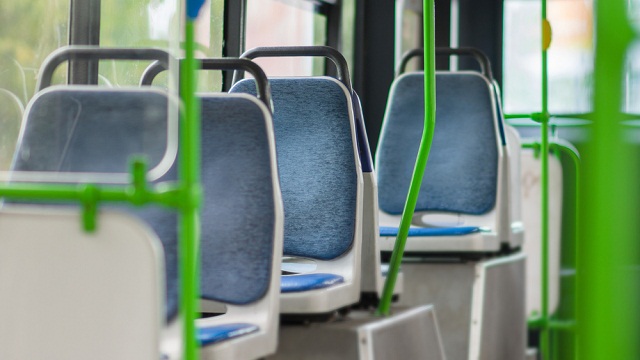Technology & Innovation
All Stories
By 2015, Hyundai hopes to have its Connectivity Concept to a point where drivers can not only open their cars, but have their personal user content automatically loaded.
The US Army is requesting proposals for development of coatings and other substances that will absorb 99 percent of all light.
Gracenote, the company best known for cataloguing music data, is about to roll out a service that will enable displaying of commercials based on the viewer’s age, gender, income, and other publicly available information.
Flutter now offers its gesture-recognition technology through a Google Chrome extension that works on media sites like Netflix and Pandora.
The Children’s Online Privacy Protection Act of 1998 will include rules for how apps and social networks gather and use personal data from young users.
The company is testing a feature that will allow individuals can send messages to members outside of their friends network for a dollar per message.
Despite studies discrediting links between video games and gun violence, both industries have quietly benefited from product placement.
As in other majority non-Christian countries such as Japan, it’s largely seen as a secular holiday. Focus is placed largely on children, with Santa Claus making the rounds as well.
In response to a growing number of visitors along with recent city ordinances restricting or eliminating on-street parking, some parking garage owners are turning to smartphone technology.
The site has recently purged thousands without explanation, creating controversy over what constitutes a valid review.
The ability to upload the human brain into computer software, or advanced artificial intelligence modeled on specific individuals, could overcome technical roadblocks to deep-space flight.
Not only is the company looking to incorporate unsolicited clips, it’s considering including autoplay functionality. The goal: To grab dollars from advertising budgets currently reserved for television.
The Verge’s Nilay Patel digs deeper into the recently-announced policy change that has Instagram users riled up. The reaction reveals that both have something to learn about each other.
A scientist has created a new form of electronic ID that gives sites only the minimum amount of information needed for authentication.
How much would you pay to prevent the death of a child, or anyone else, from gun violence?
The town of Lens, in northern France, put out a massive effort to convince the Louvre to come. In addition to its art, it’s bringing 750 jobs to the area.
Most speakers already know how online life has changed the language. What many may not be aware of is the growing effect of hybrids such as “Hinglish” and “Konglish” that, pre-Internet, were confined to specific groups.
A team of designers and programmers are creating an iconography for online privacy that would display warnings about individual sites when you enter them.
Close to one-fifth of the world has no access to a power grid, and for many others, access is spotty and inconsistent. A New York startup now offers an affordable, lightweight solution.
By substituting a common plant dye for the metals used to extract lithium, researchers say many of the environmental hazards associated with production and disposal can be avoided.
Now that Pope Benedict XVI has joined the Twitterverse, we will see how the pontiff wields the power of 140 characters. Early signs are only moderately encouraging. Before he started […]
According to a report released Monday by the FTC, only 20 percent of the 400 most popular children’s apps did so. Efforts to increase this number have been met with resistance from tech companies.
Transit systems in several cities, including San Francisco and Baltimore, are installing microphones that can pick up on conversations, which can then be stored in an onboard data storage unit.
Farmigo, a software company supporting farmers, has recently rolled out a service for groups of people – companies, churches, etc. – to set up personalized online ordering of locally-produced foods.
Eyetease Media recently received permission from the London city government to begin installing its hotspot in a select number of cabs. For the cost of watching one short ad, riders get 15 minutes of Internet access.
Let’s say you’re just now tuning in to reports that the world will end on December 21 when the Mayan calendar resets to zero. Maybe you’re one of the 35 […]
San Jose drivers who used a specialized social networking app to stay connected with each other experienced faster driving times and less impatience during their commute.
By creating atmospheres that make you frustrated and anxious, shops can increase the likelihood that you’ll lose sight of your purchasing goals and begin buying items on impulse.
Government recommendations to require data recorders in all new light cars and trucks starting in 2014 ignore the fact that they’ve already been in many cars for years, often without drivers’ knowledge.
Preliminary research shows that family dynamics — specifically, the levels of conversation — play a role in which methods of online communication are used for keeping in touch.





























